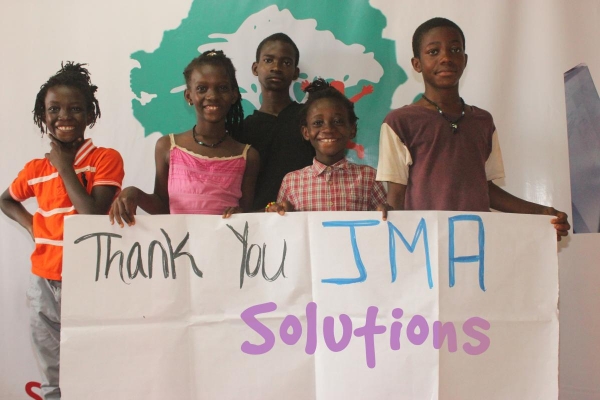
American snack brand Snickers released its Super Bowl ad, “Fix the World” that cynically compiles some of the issues facing the modern world. The ad rang well with its audience due to its relatability.
All across the globe best practices by companies include the ability to make a “difference” in the world they operate in. In most terms, this has been termed as corporate social responsibility (CSR). However, the sometimes nonchalant nature of CSR and one-off donations or activities have not made much impact on the society that hosts these businesses.
Nowadays, being cognizant of the environment, being aware of the contribution a company makes in the economy, being an able employer are all factors consumers consider when evaluating any company. These aspects are all changing consumer perceptions or views of brands.
The use of clean energy in business is something that has become paramount to every establishment, globally and it’s an example of how societal demands are changing companies’ strategies.
For example, both American and Europe’s web hosting companies have adopted environmentally-friendly server rooms - since it is an energy-intensive venture. Organizations consider environmental impact before hosting their company’s website on any service provider.
Fair wages for its workers is hounding most big enterprises. Such companies have been accused of looking into profits and making their shareholders happy while ignoring their workers. A common startup culture gives employees the option to buy into the company and own shares.
In the near future, how an enterprise relates to its society could well affect how long it will survive in the marketplace.
How Companies Should Care About Society
It is a move that cannot be pushed away. From technology companies to beverage drinks, the consumer is dictating how businesses should behave. There are a few considerations that enterprises can continually assess and consider the society where they have a presence.
1. Know Thy Customer
I mean really know their needs. This has not been important as it is today. Data about whom your products reach should not be taken lightly but should be actionable intelligence that can impact on how businesses work.
In light of evolving analytics, getting data on your customers is a common practice nowadays. Companies can get insights into why their product works/doesn’t work for their targeted audience but moreover, they can see other aspects of their customers’ lives that they could impact.
Pestle Analysis compiled some aspects that companies can consider when reaching out to their targeted audience and finding out what societal consideration should be made into their products and services. These include Lifestyles, Buying habits, Religion and beliefs, Health consciousness, Minorities, Attitudes toward green or ecological products, Attitudes toward renewable energy, Attitudes toward work, career, leisure, and retirement.
“The social factors shape who we are as people. It affects how we behave and what we buy. A good example is how people’s attitude towards diet and health is changing in the UK. Because of this, UK businesses are seeing some changes,” Pestle Analysis says.
2. Know Your Business and People Who Support It
Again, something that is definitely obvious. However, it should go deeper than being an expert in your field. Do you work with suppliers such as farmers? What are their main challenges? What impact program can you launch to make their lives better? Are you in technology space? What new programs can you create to ensure the safe disposal of electronic waste?
Looking at the immediate beneficiaries of the business and how you can make a difference in their lives could be a prominent way to spend the CSR dollars while growing their lives and your business environment.
3. Collaborate With Similar Businesses
At times, having a societal impact will mean that businesses should put their innate interest aside and work with competitors to create something beneficial for society. In 2014, healthcare competitors Merck and Pfizer partnered to bring new cancer treatments to the market.
HubSpot and ChatFuel joined forces to launch an eBook geared toward marketers called “The Beginner’s Guide to Building Your First Chatbot." It helped solve a problem for HubSpot users who wanted to know more about chatbots. And it helped to put ChatFuel on the map.
Slowing down the competition railroad could prove to your users that profit is not the only thing that defines your business.
4. Support Positive Business Regulations
Ideally, companies should be the champions of positive regulatory change and deemed to support them for consumers to know where their purpose lies. Such brands end up being viewed as ‘good’ and improve their standing in the market. Not only should they support positive business regulations but they could be active in setting them up—for the benefit of their consumers. Most times, such moves will not break the bank for the enterprises.
5. Finally, Give Back
There are many ways companies can plug in and attend to various social issues. This is a great way to give back to the communities in and around organizations and enterprises. It is an understatement to say that enterprises can actually make a difference in their communities to give back. They actually have the power to change the world around them for the better. Some of the memorable stories include:

